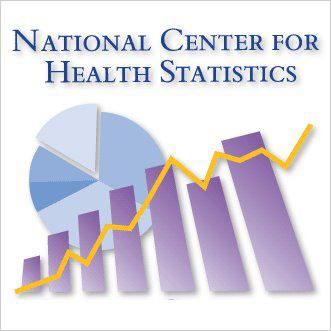 India Post News Service
India Post News Service
The use of meditation as a complementary health approach increased more than threefold from 4.1% in 2012 to 14.2% in 2017 in US, according to a report published on Centers for Disease Control and Prevention (CDC) website on November eight quoting National Health Interview Survey (NHIS).
This Survey points out that in recent years, the practice of meditation has become more mainstream. Women were more likely to use meditation compared with men. Non-Hispanic white adults were more likely to use meditation compared with Hispanic and non-Hispanic black adults. The use of meditation was higher among adults aged 45–64.
Use of meditation among children aged 4-7 years in US also increased significantly from 0.6% in 2012 to 5.4% (3.1 million) in 2017, this Survey indicates.
“Meditation” was defined by CDC as: “The act of engaging in mental exercise to reach a heightened level of spiritual awareness or mindfulness. This report uses a composite measure based on responses to three questions regarding the use of: 1) mantra meditation, including transcendental meditation, relaxation response, and clinically standardized meditation; 2) mindfulness meditation, including vipassana, Zen Buddhist meditation, mindfulness-based stress reduction, and mindfulness-based cognitive therapy; and 3) spiritual meditation, including centering prayer and contemplative meditation.”
Welcoming the rising popularity of meditation as a complementary health approach in US, distinguished Hindu statesman Rajan Zed, in a statement in Nevada, explained that meditation was a condition of profound internal wakefulness; and added that ancient Hindu scripture Taittiriya Upanishad stated: “Meditation is Brahman (the supreme being)”.
Rajan Zed, who is President of Universal Society of Hinduism, further said that Lord Krishna told in Bhagavad-Gita: With mind and senses disciplined through meditation, bonded with the Self within, the seeker achieves tranquility and nirvana, the state of permanent peace and joy in me. Zed noted that Hinduism had been associated with meditation for ages; and there were various aspects of it, including pratyahara, upasana, samadhi, manana, dhyana, dharana.
NHIS (which claims to have “monitored the health of the nation since 1957”) is a nationally representative, continuously fielded cross-sectional household interview survey from the National Center for Health Statistics (NCHS), a part of CDC. CDC (whose tagline is “Saving Lives, Protecting People”) is one of the major operating components of the US Department of Health and Human Services (HHS). Alex M. Azar II is HHS Secretary, Dr. Robert R. Redfield is CDC Director, while Charles J. Rothwell is NCHS Director.






